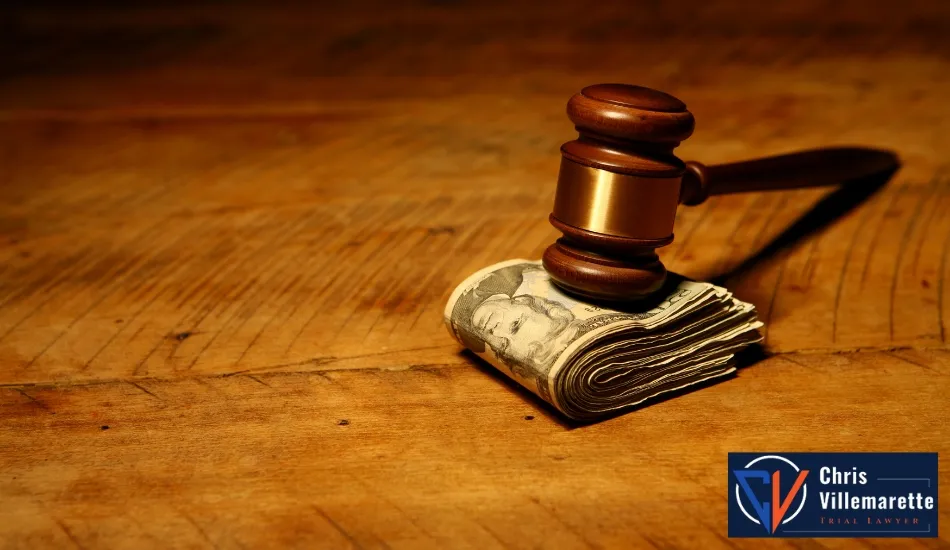|
|
Last Modified on May 01, 2023
Determining Damage Recovery in Louisiana Personal Injury Cases
You’ve probably come across television commercials where individuals claim to have received substantial settlements in their personal injury cases. These ads may leave you wondering if such outcomes are realistic or just exaggerated claims. In reality, no insurance company is going to hand out a significant sum of money without solid evidence of a serious injury. Let’s delve into the factors that determine damage recovery in personal injury cases, debunking the misconceptions along the way.
I explained this in a conversation with a friend who was a successful banker with lots of real estate. Like many others he told me he had “full coverage.” I asked him to call his agent and ask questions. After a quick call to his agent he learned that he, his wife and one child were driving around with minimum limits coverage of $15,000 and no uninsured motorist coverage.
- Burden of Proof: When seeking compensation for personal injury, it is crucial to understand that the burden of proof lies with the injured party. This means that you, as the plaintiff, must provide convincing evidence that demonstrates the severity and extent of your injuries. Mere claims or subjective statements are insufficient to secure a substantial settlement.
- Qualified Medical Evidence: To establish the legitimacy of your injuries, qualified medical evidence is essential. This evidence typically comes in the form of medical records, diagnostic reports, expert opinions, and testimonies from healthcare professionals. These objective assessments provide a clear picture of the injuries sustained, their impact on your life, and the necessary medical treatment.
- Valuing Damages: The amount of compensation awarded in personal injury cases, including slip and fall accidents, is based on various factors, including the nature and extent of the injuries, medical expenses, lost wages, pain and suffering, and long-term impact on the victim’s life. Insurance companies and courts consider these factors to determine the appropriate amount of damages to be paid.
- Mitigating Factors: Insurance companies may try to mitigate their liability by asserting that the injured party shares some responsibility for the accident. This is known as comparative negligence. In some jurisdictions, the compensation amount can be reduced if the injured party is found partially at fault. It is crucial to work with a skilled attorney who can navigate these complexities and advocate for your rights.
Conclusion
While the commercials portraying large settlements may catch your attention, it is essential to recognize that proving a serious injury and securing a significant damage recovery in a personal injury case requires solid evidence and legal expertise. By consulting with an experienced attorney, you can ensure that your claim is properly supported, giving you the best chance of obtaining fair compensation for your injuries, medical expenses, and other related losses.
Remember, each case is unique, and the outcome depends on various factors. Working with a reputable personal injury attorney will ensure that your rights are protected, and your case is handled diligently, increasing your chances of a successful damage recovery.





